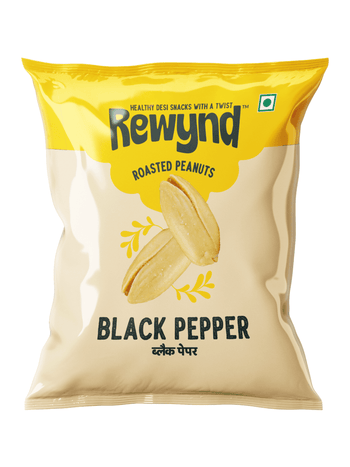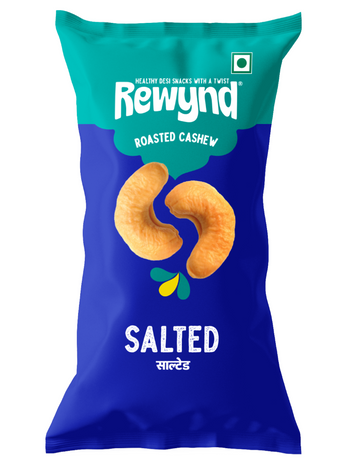Let's Rewynd a bit.
Protein is a powerhouse nutrient that helps with muscle growth and recovery, and even keeps you feeling full longer. But when it comes to choosing between whey protein and plant protein, it can get a little tricky.
Let's break down the pros and cons of each and determine which one best suits your needs.
Whey Protein: The Fast-Absorbing Powerhouse
Whey protein is one of the most popular protein supplements, and for good reason. It's a complete protein, meaning it contains all nine essential amino acids your body can't produce on its own. Whey comes from milk and is quickly absorbed by your body, making it perfect for post-workout recovery.
Benefits of Whey Protein:
-
Fast Absorption: It enters your bloodstream quickly, making it ideal for muscle repair after intense exercise.
-
High in BCAAs: Branch-chain amino acids (BCAAs) found in whey are crucial for building muscle and reducing soreness.
-
Complete Protein: Contains all essential amino acids, supporting muscle growth, immune function, and more.
-
Convenience: Whey protein shakes are quick and easy to prepare, making them a convenient snack option.
Side Effects of Whey Protein: What You Should Know
Whey protein is widely used for muscle recovery and boosting protein intake. However, there are some side effects to consider before adding it to your routine.
1. Digestive Issues & Constipation
Whey protein can cause bloating, gas, and stomach cramps. Excessive whey protein can lead to constipation, especially if your diet lacks fiber. Ensure you're eating enough fiber-rich foods, such as fruits and vegetables, to keep things moving smoothly.
2. Allergic Reactions
As whey protein comes from milk, people with dairy allergies may experience reactions like rashes or swelling. In severe cases, it could lead to anaphylaxis.
3. Kidney Strain
High protein intake may strain your kidneys, particularly in individuals with existing kidney conditions. If you have kidney issues, consult your doctor before using whey protein.
4. Risk of Nutrient Imbalance
Relying too heavily on whey protein can lead to nutrient imbalances. It's essential to include whole foods, such as fruits, vegetables, and grains, to ensure you're getting all the necessary vitamins and minerals.
5. Impact on Bone Health
Early studies suggested that excessive protein intake could negatively impact bone health.
Plant Protein: A Plant-Powered Alternative
Plant protein, on the other hand, is derived from various plant sources, including peas, rice, hemp, and soy. It's an excellent option for vegetarians, vegans, or those who want to avoid dairy. While plant proteins may not always be complete (some lack one or two essential amino acids), many protein powders blend different plant proteins to ensure a full spectrum of amino acids.
Benefits of Plant Protein:
-
Rich in Fiber: Many plant-based proteins are also packed with fiber, supporting digestion and keeping you full for longer.
-
Dairy-Free: Ideal for vegans, lactose-intolerant individuals, or anyone avoiding dairy.
-
Anti-inflammatory Properties: Some plant-based proteins, like hemp and chia, are rich in antioxidants that help reduce inflammation in the body.
-
Sustainable: Plant-based proteins are often more environmentally friendly, with lower carbon footprints compared to animal-derived proteins.
Final Crunch:
Whether you go for whey protein or plant protein, the most important thing is to find a protein source that supports your body's needs and fits seamlessly into your routine.
At Rewynd, we believe in offering snacks that are not just tasty but also fuel your body with the nutrients it craves. Try our protein-packed roasted nuts and snack smarter, fueling your strength!























































